Embarking on the GAPS diet—a nutritional journey designed to heal the gut and restore digestive harmony—invites a world of thoughtful choices beyond just the foods on your plate. While the diet’s foundation is built on nutrient-dense, homemade meals, supplements often play a subtle yet supportive role in enhancing gut health and filling potential nutritional gaps. In this article, we explore the supplements commonly recommended for those following the GAPS protocol, shedding light on how they complement the diet’s principles and contribute to overall wellness. Whether you’re a seasoned GAPS practitioner or just beginning to navigate this healing approach, understanding these supplements can help you tailor your path toward better digestive balance.
Table of Contents
- Understanding the Role of Supplements in the GAPS Diet
- Essential Vitamins and Minerals for Gut Healing
- Probiotics and Fermented Foods to Support Digestive Health
- Herbal Supplements and Natural Remedies to Enhance Recovery
- Tailoring Supplement Choices to Individual Needs on the GAPS Diet
- Q&A
- In Summary
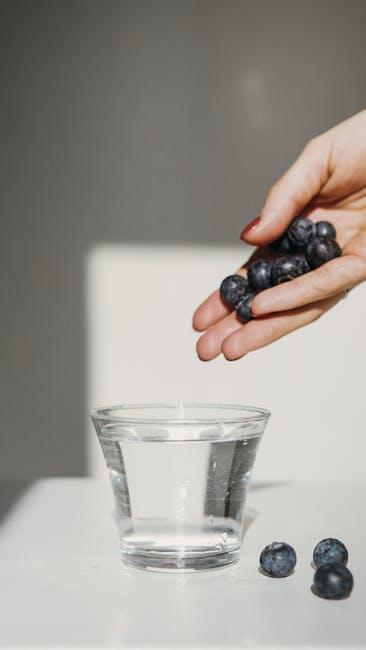
Understanding the Role of Supplements in the GAPS Diet
Incorporating dietary supplements into the GAPS protocol can significantly enhance the healing potential of this specialized diet. Since GAPS focuses on restoring gut health and reducing inflammation, certain nutrients become critical allies. Probiotics, for example, are often emphasized to replenish beneficial bacteria destroyed by dysbiosis. Additionally, omega-3 fatty acids, found in fish oil supplements, help modulate inflammatory responses and support brain health. It’s essential to remember that supplements in GAPS aren’t meant to replace whole foods, but rather to complement and accelerate gut restoration.
Moreover, vitamins and minerals play a crucial role in the recovery process, especially when digestive absorption may be compromised. Commonly recommended supplements include vitamin D for immune regulation and magnesium for muscle and nerve function. Often, practitioners recommend a balanced approach using high-quality, bioavailable forms of these nutrients. The table below highlights a few key supplements and their primary benefits within the GAPS framework:
| Supplement | Primary Benefit | Recommended Form |
|---|---|---|
| Probiotics | Replenishes gut flora | Capsules or fermented foods |
| Fish Oil (Omega-3) | Reduces inflammation | Triglyceride form |
| Vitamin D | Immune system support | Cholecalciferol (D3) |
| Magnesium | Muscle & nerve function | Magnesium citrate |

Essential Vitamins and Minerals for Gut Healing
Restoring gut health requires a thoughtful intake of nutrients that support the delicate intestinal lining and encourage microbial balance. Vitamin A plays a pivotal role in maintaining mucosal integrity and immune function, making it a cornerstone for the GAPS diet. Likewise, Vitamin D acts as a powerful modulator of inflammation, enhancing gut barrier defense. Crucially, vitamins such as B-complex support enzymatic functions necessary for digestion and cellular repair, while Vitamin C contributes to collagen synthesis, aiding tissue regeneration within the gut.
Minerals form the structural and functional backbone of gut restoration. Zinc is indispensable for healing damaged gut lining and supports enzyme systems critical for absorption. Magnesium not only soothes muscle cramps in the digestive tract but also aids in energy production needed for cellular recovery. Here’s a quick overview:
| Vitamin/Mineral | Primary Benefit | Food Sources |
|---|---|---|
| Vitamin A | Maintains mucosal lining | Carrots, liver, leafy greens |
| Vitamin D | Regulates immune response | Fatty fish, eggs, sunlight |
| Vitamin B-complex | Supports digestion enzymes | Meat, nuts, seeds |
| Vitamin C | Collagen synthesis | Citrus fruits, peppers |
| Zinc | Tissue repair | Shellfish, pumpkin seeds |
| Magnesium | Muscle relaxation | Spinach, nuts, whole grains |
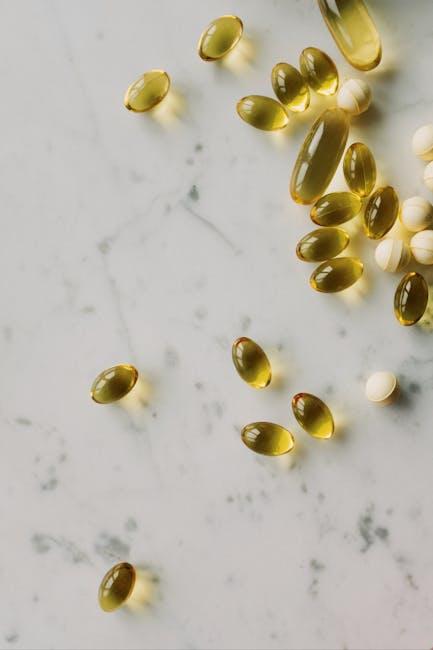
Probiotics and Fermented Foods to Support Digestive Health
Incorporating probiotics and fermented foods into your GAPS diet regimen can significantly boost the balance of gut flora, which is essential for optimal digestive function and immune resilience. These natural allies introduce beneficial bacteria that help restore the lining of the digestive tract and reduce inflammation. Savory staples such as sauerkraut, kimchi, and homemade yogurt act as living foods, teeming with microorganisms that support enzymatic digestion and nutrient absorption.
To enhance your digestive harmony, consider including the following fermented options regularly:
- Kefir – a versatile, tangy beverage rich in diverse probiotics
- Fermented pickles – cucumbers aged in salt brine with natural bacteria
- Miso – a flavorful paste packed with fermentation goodness
- Fermented cod liver oil – delivering essential fatty acids alongside probiotic benefits
| Food | Key Benefits | Suggested Serving |
|---|---|---|
| Sauerkraut | Enhances gut flora diversity | 2-3 tbsp daily |
| Kefir | Rich probiotic variety, aids digestion | 1 cup per day |
| Miso Soup | Anti-inflammatory and gut soothing | 1 bowl per meal |
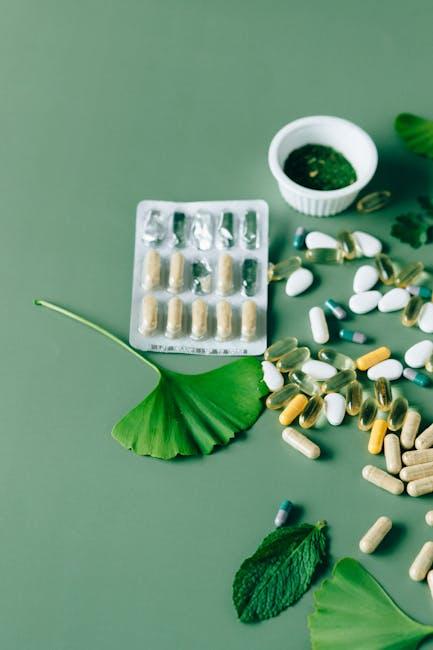
Herbal Supplements and Natural Remedies to Enhance Recovery
Nature offers a treasure trove of herbs that can significantly aid the body’s healing process during the GAPS diet journey. Incorporating ingredients like turmeric, ginger, and licorice root may bolster digestive health and reduce inflammation, helping to restore gut lining integrity. These herbs, revered for their anti-inflammatory and antioxidant properties, support the body naturally, making them gentle yet effective allies in recovery.
When selecting herbal supplements, focus on those with a history of traditional use for digestive and immune support. Consider adding:
- Marshmallow root: Known to soothe the digestive tract and reduce irritation.
- Slippery elm: Helps coat and protect the gut lining.
- Dandelion: Supports liver detoxification and digestion.
- Chamomile: Calms inflammation and supports restful sleep.
These remedies can complement a nutrient-dense, healing diet, enhancing recovery without overwhelming the system.
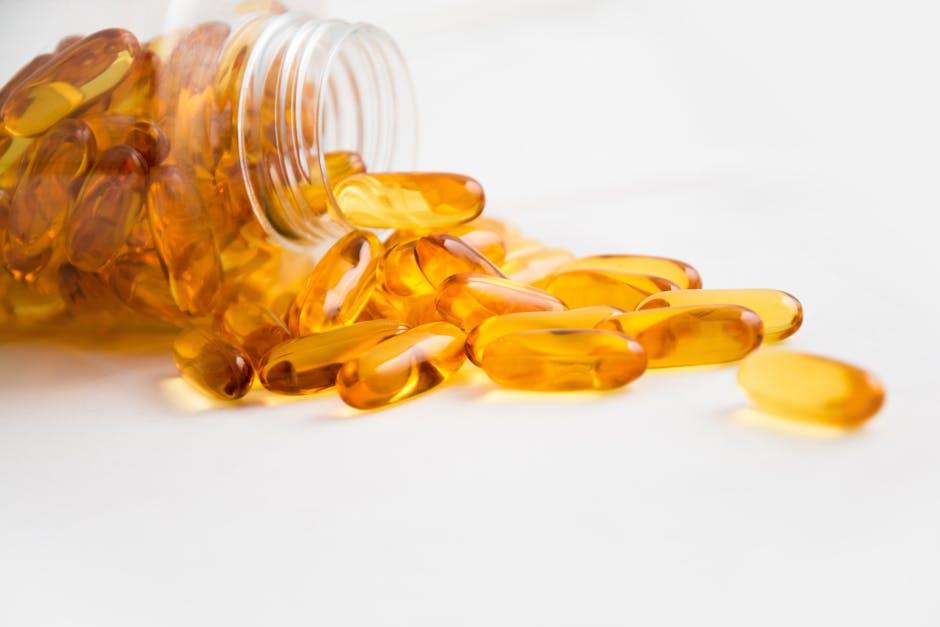
Tailoring Supplement Choices to Individual Needs on the GAPS Diet
Personalizing supplement choices on the GAPS diet requires a keen understanding of individual health conditions, dietary restrictions, and current nutrient statuses. Since the GAPS protocol focuses heavily on gut healing, one must consider how factors like digestive enzyme deficiencies, vitamin and mineral imbalances, and immune system support needs vary from person to person. For example, a child struggling with nutrient absorption might find immense benefit from probiotic-rich fermented foods and targeted enzyme supplements, while an adult facing chronic inflammation may require higher doses of omega-3 fatty acids and herbal anti-inflammatories. Consulting with a healthcare provider helps ensure that supplements complement the natural food-based approach without causing unnecessary overlap or adverse effects.
Key considerations for choosing supplements on the GAPS diet include:
- Identifying specific gut microbiota imbalances through testing or symptom tracking
- Tailoring vitamin and mineral supplements based on bloodwork or suspected deficiencies
- Selecting high-quality, bioavailable forms of nutrients that support digestive function
- Adjusting doses gradually to observe individual tolerance and response
| Supplement Type | Ideal For | Notes |
|---|---|---|
| Probiotics | Gut dysbiosis, bloating | Choose strains with proven gut healing benefits |
| Digestive Enzymes | Low stomach acid, poor digestion | Use with meals to enhance nutrient absorption |
| Fish Oil (Omega-3) | Inflammation, brain health | Select purified, high-DHA formulas |
| Vitamin D3 | Immune support, deficiencies | Monitor blood levels for correct dosing |
Q&A
Q&A: Supplements Recommended for the GAPS Diet
Q1: What is the GAPS diet, and why might supplements be necessary?
A1: The GAPS (Gut and Psychology Syndrome) diet focuses on healing the gut lining and restoring digestive health, often used to address issues like autism, digestive disorders, and autoimmune conditions. Since the diet is highly restrictive, especially in the initial stages, supplements can help fill nutritional gaps and support overall healing.
Q2: Which supplements are most commonly recommended for those following the GAPS diet?
A2: Key supplements often include probiotics, omega-3 fatty acids, digestive enzymes, cod liver oil, and fermented cod liver oil. These support gut flora balance, reduce inflammation, and assist digestion. Vitamin D, magnesium, and zinc are also frequently suggested to bolster immune function and promote recovery.
Q3: Why are probiotics important on the GAPS diet?
A3: Probiotics replenish beneficial gut bacteria, which the GAPS diet aims to nurture. Since gut dysbiosis is a core concern, introducing high-quality probiotic supplements can accelerate healing and improve digestion, mood, and immunity.
Q4: How does cod liver oil support GAPS dieters?
A4: Cod liver oil is rich in vitamins A and D, as well as omega-3 fatty acids, all crucial for immune modulation and inflammation control. These nutrients help repair the intestinal lining and bolster the body’s defense mechanisms.
Q5: Are digestive enzymes necessary when on the GAPS diet?
A5: Many GAPS followers benefit from digestive enzymes, especially early on, because their digestive systems may be compromised. Enzymes assist in breaking down food properly, reducing stress on the gut and allowing nutrients to be absorbed more effectively.
Q6: Can supplements replace the food healing principles of the GAPS diet?
A6: Not at all. Supplements are supportive tools but cannot replace the foundational role of nutrient-dense, homemade broths, fermented foods, and fresh vegetables that are central to the GAPS protocol. They complement rather than substitute the healing power of whole foods.
Q7: Should everyone on the GAPS diet take the same supplements?
A7: Supplement needs vary with individual health conditions, sensitivities, and stages of the diet. It’s important to consult a healthcare professional familiar with GAPS to tailor supplements accordingly, ensuring they enhance rather than hinder recovery.
Q8: Are there any risks associated with taking supplements on the GAPS diet?
A8: Some supplements can cause reactions or interact with medications. Overdoing fat-soluble vitamins like A and D can be harmful. Quality matters too—low-grade supplements may contain additives that irritate the gut. Hence, careful selection and professional guidance are key.
Q9: How long should supplements be taken during the GAPS protocol?
A9: Duration depends on individual progress. Generally, supplements are used intensively during the early, more restrictive phases and tapered off as gut health improves and a diverse diet is reintroduced. Regular monitoring helps determine the optimal timeline.
Q10: What are some holistic tips for using supplements effectively on the GAPS diet?
A10: Start one supplement at a time to gauge tolerance, choose high-quality and preferably whole-food-based options, and maintain a balanced diet rich in fermented and nutrient-dense foods. Hydration, rest, and stress management also amplify supplement benefits and gut healing.
In Summary
As you embark on the journey with the GAPS diet, supplements can serve as helpful allies, supporting your body’s intricate healing process. While the foundation lies in nutrient-dense, whole foods, the right additions—thoughtfully chosen and carefully integrated—may enhance your digestive restoration and overall wellness. Remember, personalization is key; what works for one may differ for another, so consulting with a knowledgeable practitioner ensures your supplement choices truly complement your unique path. With patience and mindful nourishment, these supportive elements can help you move closer to the vibrant health the GAPS diet aims to unlock.
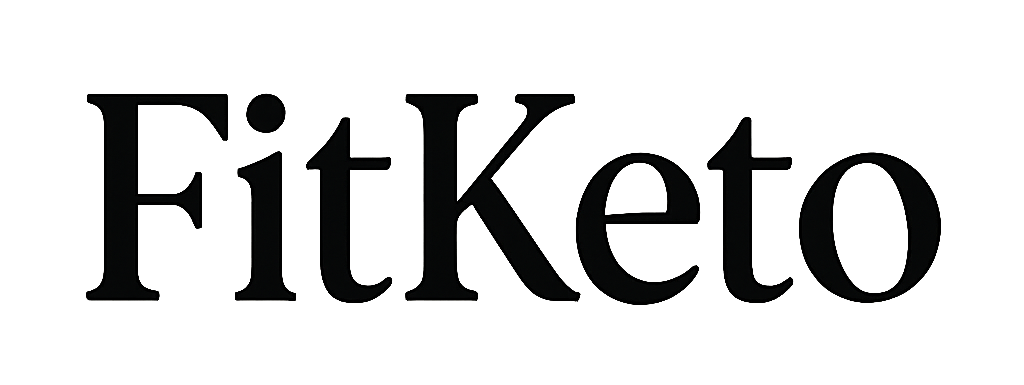






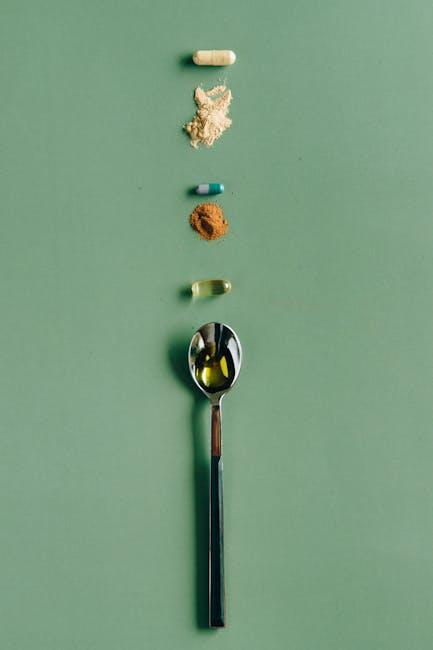
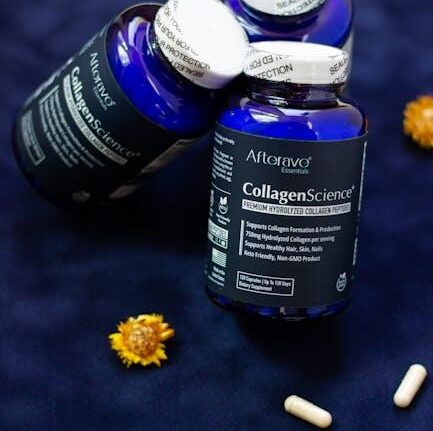
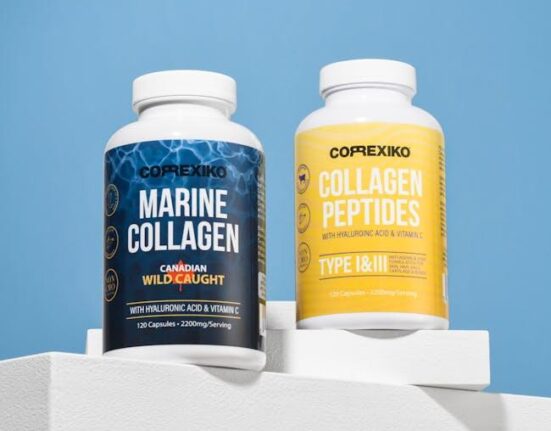
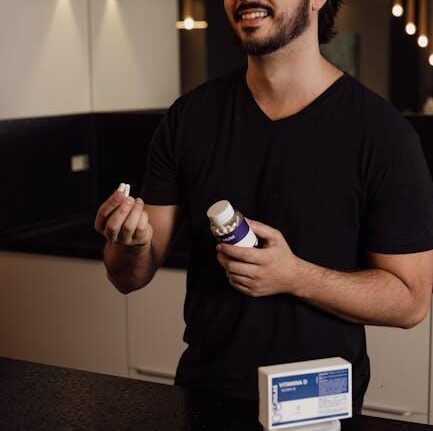
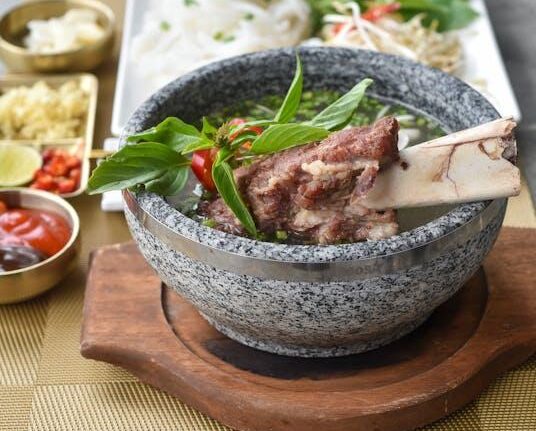

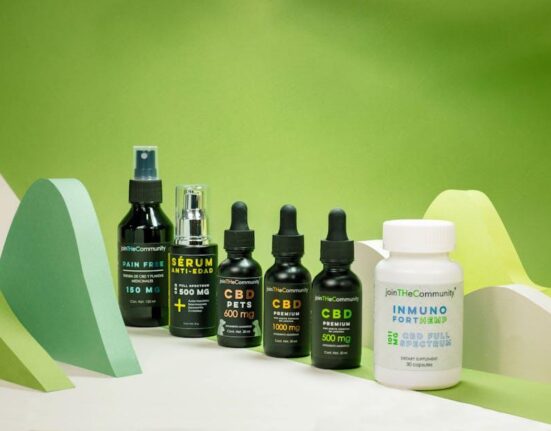
Leave feedback about this